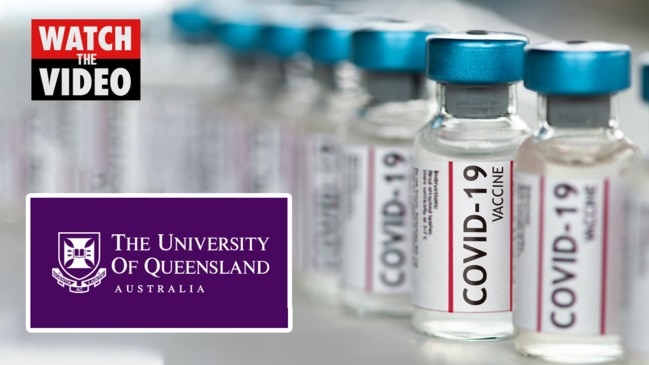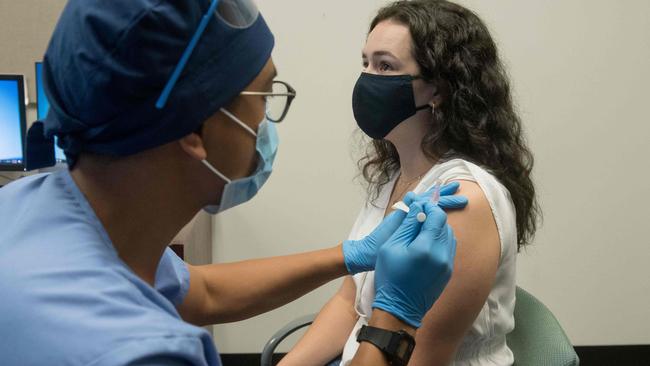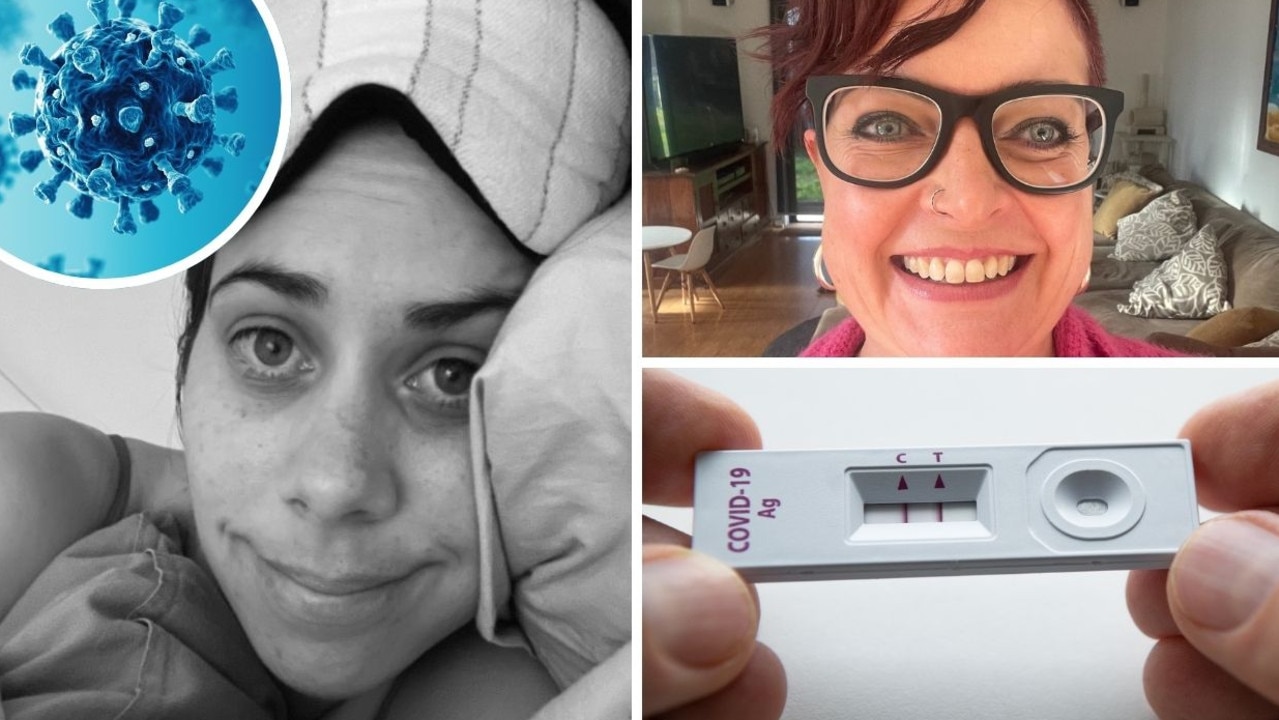Scientists must take risks to make breakthroughs, often they fail
Taking risk and thinking outside the square are at the heart of science, often those gambles don’t work out.

Coronavirus
Don't miss out on the headlines from Coronavirus. Followed categories will be added to My News.
The University of Queensland team took an enormous risk using an inactivated part of the HIV virus in developing its COVID-19 vaccine.
Some of the greatest scientific breakthroughs rely on risks like this and we should never condemn researchers for thinking outside the square.
Sadly, this gamble failed but rival vaccine developers are asking why more questions about the HIV strategy were not raised earlier and why the effect on HIV tests was not trialled in the animal stage.
Health Department chief Professor Brendan Murphy said he knew about the use of the inactivated HIV particle in the UQ vaccine and trial participants were warned about it.
“The possibility of false positives was raised by the University of Queensland very early on and was seen as a very, very unlikely possibility because the fragment of the HIV virus molecule was small,” he said.

The intense public spotlight on the vaccine development process has put enormous pressure on the UQ scientists who worked so hard on this project and like good scientists they will learn from this and try again.
Public confidence is key to any mass vaccine rollout, without it not enough people will get the jab that’s needed to protect the entire population from this deadly virus.
That’s why it was highly risky to include the HIV component in this vaccine.
While the team has proven that this element of its vaccine cannot infect people with HIV it would have completely undermined the HIV testing program and that’s why it had to be abandoned.
The heavy investment by the Australian Government in this vaccine at the expense of other candidates being developed in Australia has now left it exposed.
Three other vaccine candidates being developed at Flinders, Griffith and Monash University are moving very slowly because they did not attract the level of government funding afforded to the UQ project and this underlines the danger of governments picking winners.
The Opposition has criticised the government for not moving faster to secure a wider supply of alternative COVID-19 vaccines as countries in Europe have done.
Our COVID-19 vaccine strategy was depending on 51 million doses of the now dumped UQ vaccine and the government needs to quickly recalibrate.
The Prime Minister announced on Friday he had secured 20 million extra doses of the AstraZeneca vaccine bringing the total to 53 million doses, enough to vaccinate Australia’s entire population.
But this jab has proven to be only 62 per cent effective and is substantially less successful than the Pfizer (95 per cent effective) and Moderna (95 per cent effective) vaccines.
Mr Morrison also ordered and extra 11 million doses of the Novavax vaccine but it is still in clinical trials and we don’t know how effective it is.
We have 10 million doses of Pfizer’s vaccine on order, enough to vaccinate five million people and we should look into ordering more of this.
We should also try to secure supply of Moderna’s vaccine.
The vaccine setback is not catastrophic because Australia has so far managed the pandemic well, there is virtually no community transmission and we have time on our side to get the vaccine strategy right.




